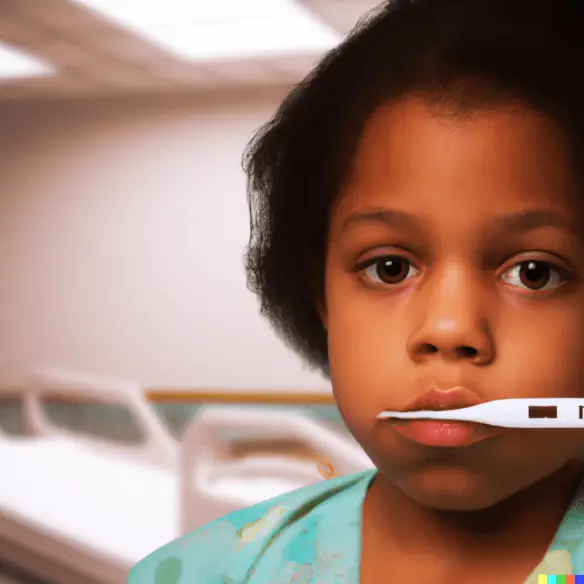Tag: Diagnosis
-
The Unseen Burden: Navigating Life with Psoriasis
Introduction: Psoriasis is a chronic autoimmune condition that affects the skin and sometimes the joints. It is a non-contagious, chronic condition that results in the formation of thick, scaly patches on the skin. Psoriasis can affect any part of the body, but most commonly appears on the scalp, elbows, knees, and lower back. It is…
-
Diabetes: Understanding, Managing, and Preventing a Worldwide Epidemic
Diabetes is a chronic medical condition that affects millions of people worldwide. It is characterized by high levels of sugar (glucose) in the blood due to the body’s inability to produce or properly use insulin. Insulin is a hormone produced by the pancreas that helps regulate blood sugar levels. Diabetes is a serious condition that,…
-

What Is a Respiratory Syncytial Virus (RSV) Infection?
Table of Contents Introduction What Are the Symptoms of RSV Infection? What Are the Risk Factors for RSV Infection? What Are the Routes of RSV Transmission? How Is RSV Different in Infants and Adults? What Is the Difference Between RSV and the Common Cold? How Is RSV Diagnosed? What Are the Most Common Complications of…